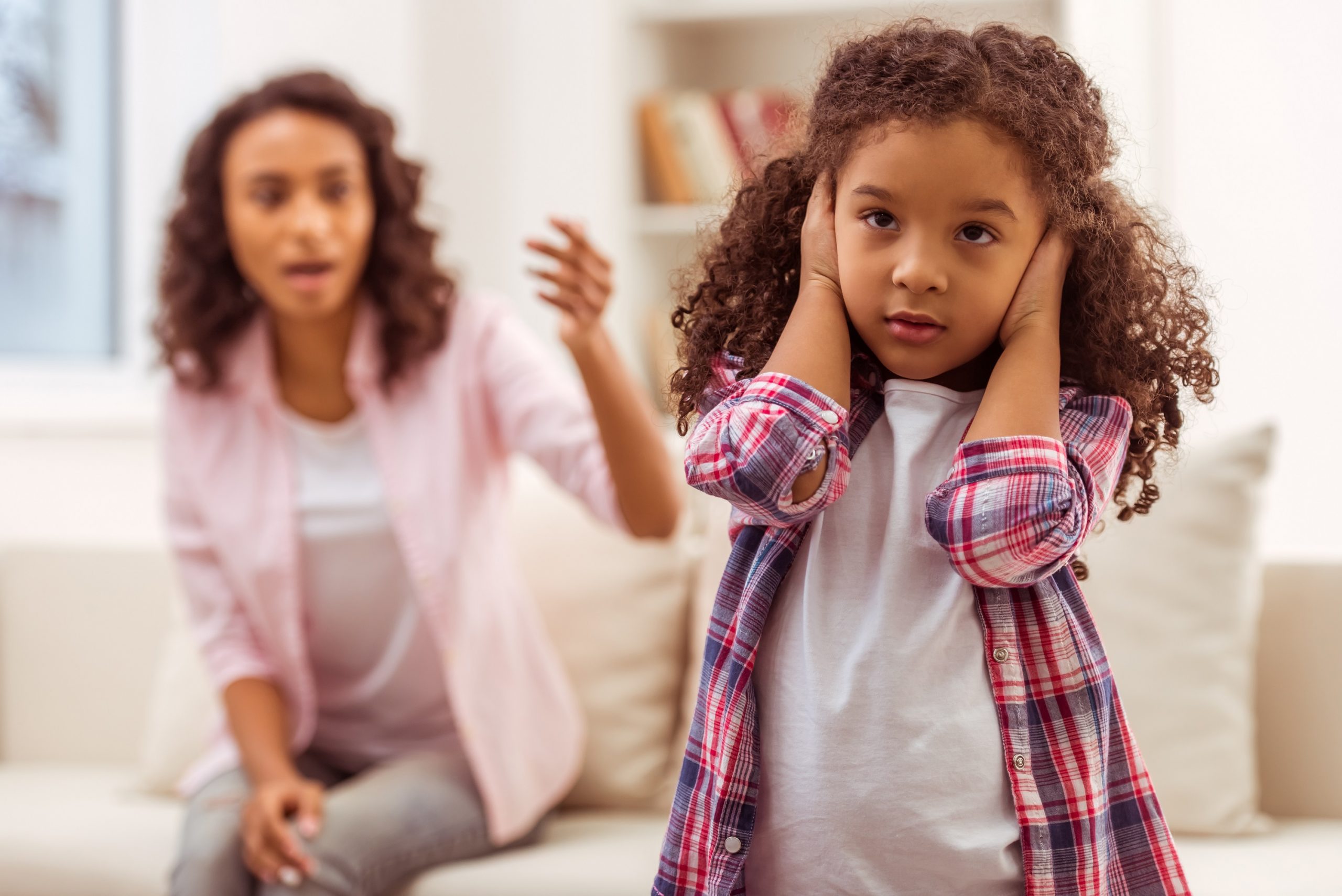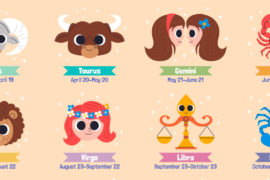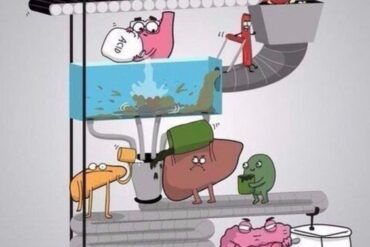Children can sometimes be infuriating. When they do not listen or follow directions, it can seem easy to scream at them. However, screaming might be worse than spanking or corporal punishment. Mental health in children is becoming more of a focus in today’s world, with a higher incidence of suicide among teens and adolescents. Some of the mental health challenges come from parents and their lack of disciplinary knowledge.
Mental health professionals do not usually condone hitting or spanking as punishment. However, new information has proven that even yelling too much can have a negative impact on your child’s mental health. As parents, we want to raise healthy, happy, well-adjusted children. We must discipline them, so we have to make sure that the discipline is effective and comes from a place of love.
Yelling is Not Discipline

Think about the way that you communicate at work, home, or in a retail establishment. If you yell at someone, they often tune you out, or they may even do the opposite of what you ask. On the other hand, when you are polite and kind, you get further with those same people. A popular adage is, “You get more flies with honey than with manure.” The thing is that this adage is absolutely true. You can get what you want by yelling, screaming, and cursing at people, but it is far less effective. Children are tiny humans. Their brains work in much the same way as anyone else’s. They do not want to be yelled at, and when they are, they tend to shut down. You might get them to stop doing something or put something away, but they will not be happy, and they may begin to fear you.
Fear is a funny thing. Many adults believe that children should fear their parents’ wrath, but these are often the same parents who don’t understand why their children did not just come to them when they had a problem. Children who cannot trust their parents emotionally do not trust them with other things either. Yelling is not the answer. Yes, it may get the thing done or stopped, but it doesn’t produce healthy results. If I starve myself, I may lose weight, but that does not mean that I am healthy. The same goes for yelling.
Negative Consequences
There are many negative consequences associated with yelling. These consequences make disciplining your child much more difficult. Children do not want to interact with a parent who is yelling. It harms them emotionally and is generally ineffective discipline.
Self-Esteem

Recent studies have indicated that parental yelling may decrease your child’s self-esteem. While you will not be able to control everything that affects self-esteem, you can prevent this one thing. Self-esteem is responsible for far more than merely how a child feels about himself or herself. It can also dictate whether a child is willing to try new things or has the confidence to do well in school. Confidence and self-esteem go hand in hand. Typically, lower-performing students have low self-esteem and self-worth.
Ineffective
It does not work long term. Sure, you can get your kid to do what you want today, but the more you yell, the more they will become immune to your shrieks. They will learn that when mom is mad, she yells. She’s not really doing anything. Or Dad’s just a yeller; he is getting on my nerves. Children eventually simply stop listening. Your yelling just becomes another sound for them to tune out.
Counterproductive

The behavior can also sometimes increase as a response to yelling. “If you want to treat me like that, I won’t listen to you,” becomes the prevailing thought in your child’s mind. Then, if you are yelling for them to stop throwing food on the floor, their whole plate is bound to wind up there. They are not only ignoring your request, but they are also flaunting it to you.
Increased Cortisol Levels
Increasing a child’s cortisol levels too often will have negative consequences as they grow older. They will have more trouble dealing with adversity, and they often do not know how to cope with feelings of frustration. Too much cortisol can cause a child to meltdown as well. A tantrum by a toddler coupled with a yelling parent does not improve anyone’s situation.
Not Discipline

Yelling does not actually teach your child anything other than Mom or Dad have a loud voice. You can yell at them to stop or start something or because they made a mistake, but what is the real consequence? Losing privileges, time out, restoration, or other techniques may work far more effectively, but the punishment must fit the crime. If your response to theft is to sit in time out, it may be too lenient. Theft would need to meet with loss of privileges and restoration. The child must restore or replace what was lost. Yelling just hurts their ears.
What Do I do Instead?
If I am not yelling at my children or hitting them, how am I disciplining them? Children respond to discipline differently. One eight-year-old may be okay with a few minutes in time out to think about their behavior and come up with a new plan next time. Another one might need to lose privileges. One thing to remember, though, is that children do not always know what they should do instead. A one-year-old with a limited vocabulary does not know what to do, so he or she bites. A ten-year-old is overwhelmed with emotion, so he or she has an outburst. Rather than yelling at these children, help them understand the pain or difficulty they are causing others and how to respond. The one-year-old will not get it today, but if you keep demonstrating appropriate behavior, he or she will get it in time.
For instance, tell the one-year-old, “When you are angry because your friend took your toy, say no. You cannot bite your friends.” You can try time-out, but that is not always effective at this age. When the ten-year-old is having trouble, say, “It’s okay not to know what to do with your emotions. You have to tell someone what you are feeling. Melting down doesn’t help me figure out how to help you.” The ten-year-old might benefit from a few minutes of time-out to recover. Ask him to tell you what he should do next time. Time out is meant to help children think about what they did and how to behave. Sitting with no purpose is just sitting.
Take a Time-out Yourself

Sometimes our kids make us angry. That’s just the way that it is. Responding to them in anger is not going to improve anyone’s situation. Instead, take a few minutes to calm down. When you are able to discuss the behavior with them, let them know why it makes you angry and what your expectations are. Let them know that you took the time out.
Children benefit most from seeing that they are not alone. They get angry, frustrated, and overwhelmed. Trying to tell them how to cope with that is sometimes as easy as explaining it to a puppy. You can tell him, but he won’t understand. However, with children, when they see you behaving appropriately, they will see that there are ways to handle it, and they are not alone. Be honest when you are having a bad day. “Patricia, at work today, my boss upset me, so when you did not clean your room as I asked, it made me even angrier than usual. I need you to clean your room now. You cannot play or watch television until you do. If it is not done in fifteen minutes, you will lose television time for the rest of the week.” This lets your child know that while you do not like their behavior, you acknowledge that more is happening than just their room cleaning. It also lets them know that you are dealing with emotions too. You give them an explicit punishment and timeframe. Children are fantastic, but they cannot read between the lines well. Be specific.
Bottom Line
You are going to yell at your child sometimes. No one is perfect. However, the less you can do this, the better they will be. Think about this from their perspective. You would not allow them to talk to you that way; shouldn’t you offer them the same respect? You can help your children learn conflict resolution by displaying healthy skills yourself. Do not let your children control you, but you should not let your emotions take over either. Discipline your children with love and purpose. It is your job to teach your children how to meet your expectations. Save the yelling for the baseball game.







